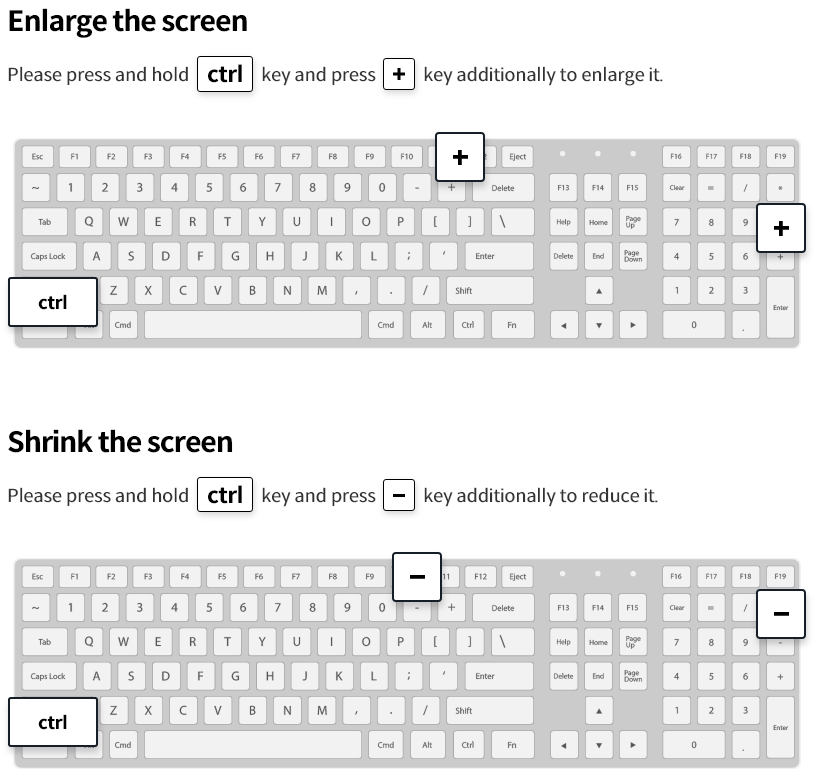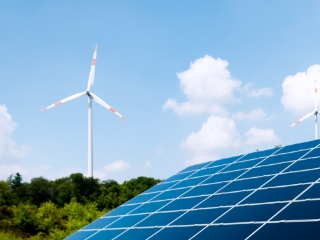The Export-Import Bank of Korea (www.koreaexim.go.kr, Chairman Lee Duk-hoon, “Korea Eximbank”) announced on June 18 that it signed an agreement with National Bank of Uzbekistan (NBU), the largest state-owned bank in the country, to increase the ceiling of its Interbank Export Loan to the Bank from the current USD 60 million to USD 100 million, on June 17.
Korea Eximbank Chairman Lee Duk-Hoon met with NBU Chairman of the Board Saidakhmat Rakhimov in the presence of the heads of state of the two countries, and signed the above agreement.
The Interbank Export Loan is a type of credit line extended by Korea Eximbank to foreign banks, under which the latter can lend money borrowed from the former to local companies importing goods from Korea.
It in effect allows Korea Eximbank to use foreign banks as its overseas branches to promote Korean exports.
A country blessed with abundant natural resources, Uzbekistan is making headway in developing its energy, natural resources, and infrastructure sectors. The country is also seeing a concomitant rise in demand for Korean-made machinery and equipment.
The agreement between the two banks to raise the credit line ceiling by yet another USD 40 million would place economic cooperation between the two countries on a stronger footing, as Korean exporters can promptly collect the proceeds of their sale upon shipment of their products, while local companies importing goods from Korea can take advantage of the flexible payment terms afforded by the credit line.
On the same day, Korea Eximbank also signed a USD 14.3 million EDCF loan agreement with the government of the Republic of Uzbekistan to support the ’National Educational Electronic Library Project.’
Chairman Lee met with Uzbekistan’s First Deputy Prime Minister Rustam Azimov at the Cabinet Office in Tashkent, and signed the above loan agreement.
Although 11,616 libraries in Uzbekistan including the Navoiy National Library serve its citizens by preserving the nation’s cultural heritage and spreading knowledge, they are in urgent need of integrated digitalization in order to improve citizens' access to information.
The Uzbek government thus assigned top priority to the task of establishing the nation’s first electronic library and linking it with 20 libraries in major regions, and requested funding from the Korean government.
The Korean government decided to provide USD 14.3 million in EDCF funding for the project in order to support the building of the national electronic library, a digitalizing center, and a multimedia center, along with the procurement of consulting and training services and the renovation and maintenance of facilities.
The Uzbek government believes the project will do much to reduce the knowledge and information disparity among its citizens.
Korean companies, with their strong technological edge in ICT, are well positioned to take part in the project. Korea Eximbank hopes this project will serve as a gateway into the wider Central Asian market for Korean ICT players, who will be supplying state-of-the-art ICT products for this project and thereby raising their brand awareness in the region.
After the signing ceremony, Chairman Lee remarked, "Uzbekistan, with its abundant natural resources, is considered an important economic partner to Korea especially in the context of President Park Geun-hye's Eurasia Initiative," adding that "these projects will go a long way toward promoting the export of Korea's advanced technology to Uzbekistan and more broadly to Central Asia."
There are eight projects in Uzbekistan funded by EDCF, which are worth USD 250 million in total―the largest sum extended by EDCF to a country in Central Asia.


